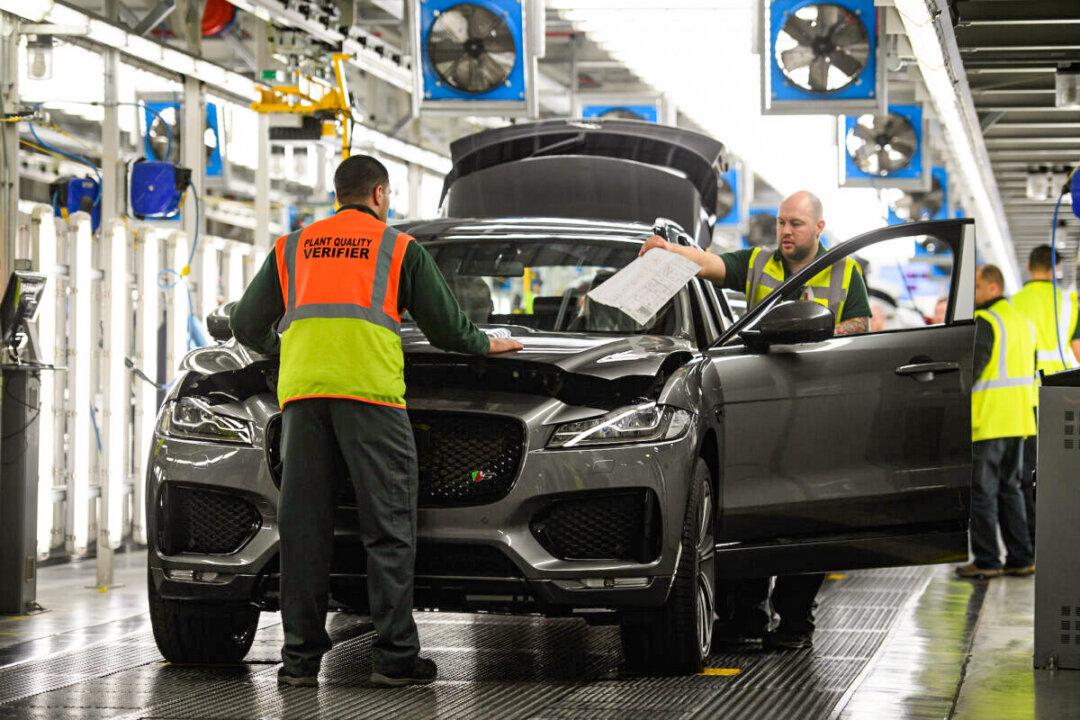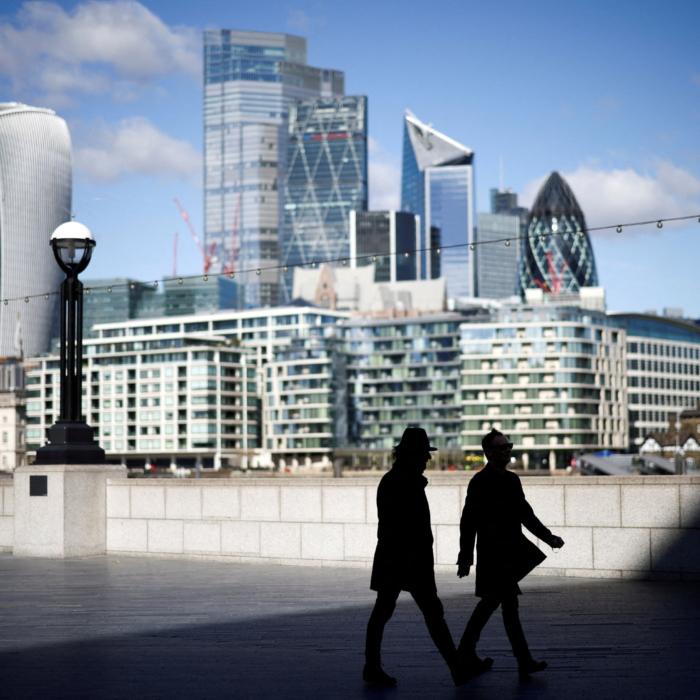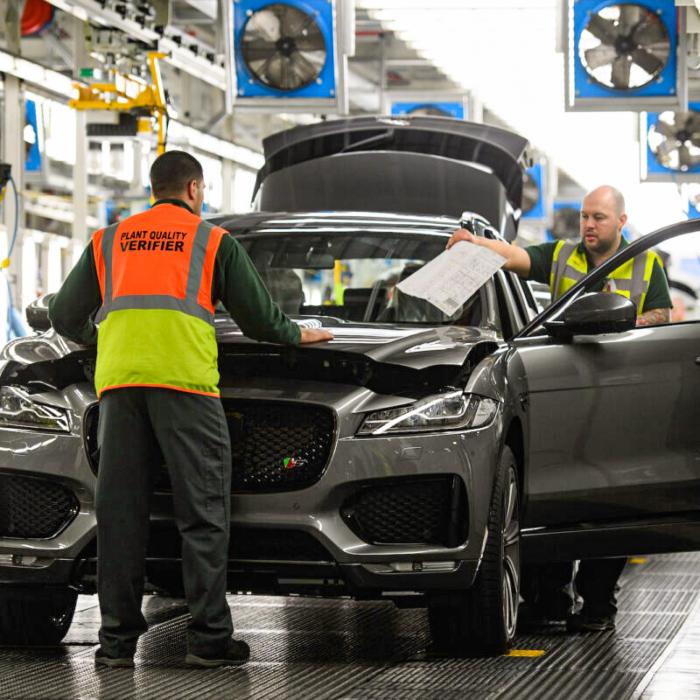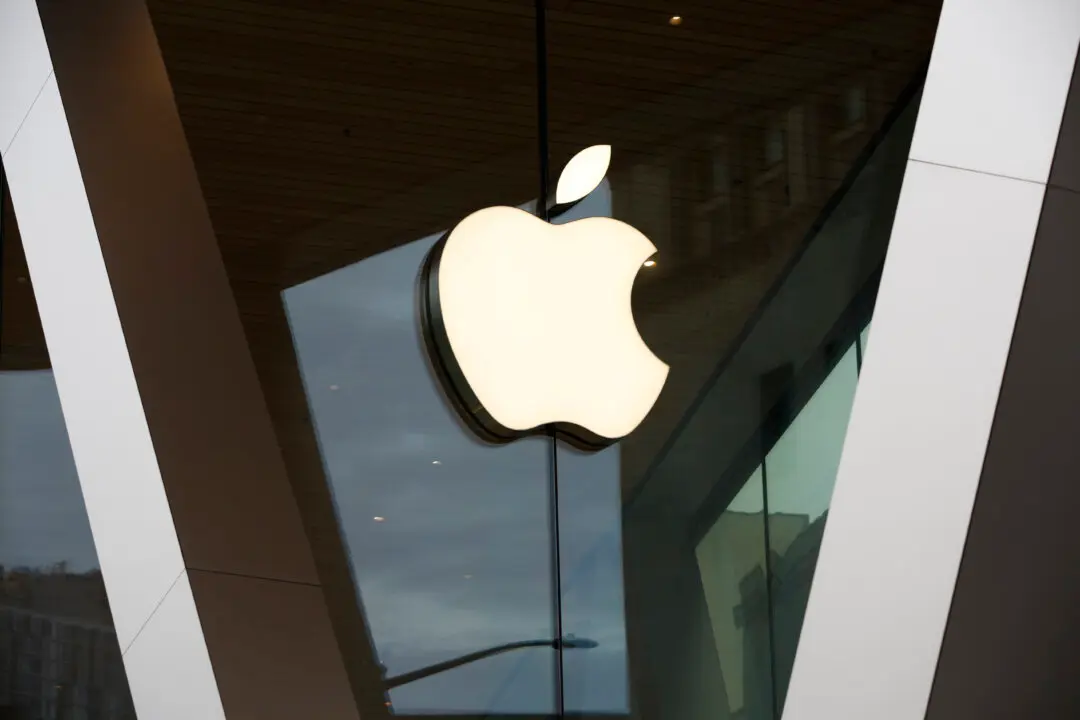Manufacturers have been stuck in a stop-start recovery cycle in the recent months, with the latest data showing a sharp deterioration in the volume of export orders, economists have found.
In a three-month high, the monthly gauge of new orders rose in June to -18 percent from -33 percent in May. However, it still remained slightly below the “normal” of -13 percent, which is the long-run average.
“We’ve seen a stop-start recovery in manufacturing output in recent months, with higher activity over the last quarter concentrated in a relatively small number of manufacturing sub-sectors,” said Ben Jones, CBI lead economist.
Mr. Jones added that order books remain “soft.” Export orders were seen below normal, at -39 percent from -27 percent in May, and represented the weakest outturn since February 2021.
“The sharp deterioration in export order books is particularly striking and is something to keep an eye on in the coming months,” Mr. Jones said in a statement.
Despite that, the sector expects the recovery to broaden over the course of the summer, while manufacturers “remain confident” that the economy is headed in the right direction. A modest rise in the output is expected in the three months to September.
Stocks of finished goods, which are products that have passed through all the stages of manufacturing and are ready for sale, were more than adequate to meet demand, the survey found. The standing of stocks was at +14 percent and broadly in line with the long-run average.
This comes amid a slowdown in inflation, down to 2 percent, recorded in May. However, according to the Bank of England estimates, inflation may crawl back up in the last two quarters of the year.
Credible Plan
Looking ahead, Mr. Jones said that the political party, which forms the government after the general election next week, will inherit “a challenging economic environment.”“They will need to have a credible plan to deliver sustainable growth. Now has to be the moment to focus on long-term solutions to tackle poor productivity and create an environment for business investment to accelerate,” he added.
The CBI said that policymakers should prioritise the delivery of a cutting-edge trade and investment strategy. The government should also focus on giving more support for firms to invest in automation and AI, Mr. Jones said.
“At the same time, a focus on building momentum behind the ‘big three’ enablers of tax, planning and skills policies within the first 100 days can give firms a clear flightpath for growth,” he added.
A new government “of whatever colour” can provide the necessary boost, by prioritising business investment and addressing ongoing labour and skills shortages, said the CBI Chief Executive Rain Newton-Smith.
One year from now, UK manufacturers expect to produce more. A surge in business optimism in May was recorded in 63 percent of private sector executives by the Chartered Institute of Procurement and Supply (CIPS) and S&P Global.
Manufacturing firms hope to improve export orders, as the economy continues to recover, the CIPS survey found. Some companies, however, expressed concern over political and economic uncertainty, both at home and overseas.
This follows global disruptions to supply chains early this year, including the diversion of freight, as a result of the crisis in the Red Sea.







